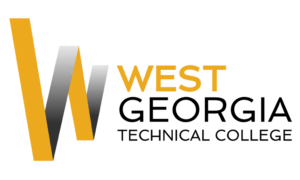The Center for Sustainable Communities is a non profit that ensure that communities, neighborhoods, cities and counties provided with the tools and systems that support programs and projects to make our planet that promotes clean energy, more environmentally sustainable. We provide technical assistance to communities and neighborhoods through program and project management; technical assistance; planning; research and analysis; education and safety, climate resiliency, economic development; education.
![]()
Commodore Conyers College & Career Academy (4CAcademy), located in Albany, Georgia, is a dual enrolled high school where learning is different. Through partnerships with Albany State University and Albany Technical College, dual enrolled students earn high school and college credits. Pathway classes teach hands-on, technical skills that business and industry require of tomorrow’s workforce, including aviation, logistics, nursing and healthcare sciences, business management and engineering.
SRI is the ultimate hub of all things space related at Georgia Tech. We connect the research institutes, labs, facilities, colleges, and the Georgia Tech Research Institute to pioneer the conversation about space in the state of Georgia and the world. By working hand-in-hand with academics, business partners, philanthropists, students, and governments, we are committed to staying at the forefront of space-related innovation.

West Georgia Technical College (WGTC) offers over 120 associate degree, diploma and technical certificate programs of study at it’s campuses in Carroll, Coweta, Douglas, Haralson and Troup counties, and class sites in Heard and Meriwether counties. WGTC is a unit of the Technical College System of Georgia, and is the fourth largest of the state’s 22 technical colleges. WGTC’s Engineering Technology degree program began its GSGC partnership through the Two-Year Pathways to STEM grant.
Website


